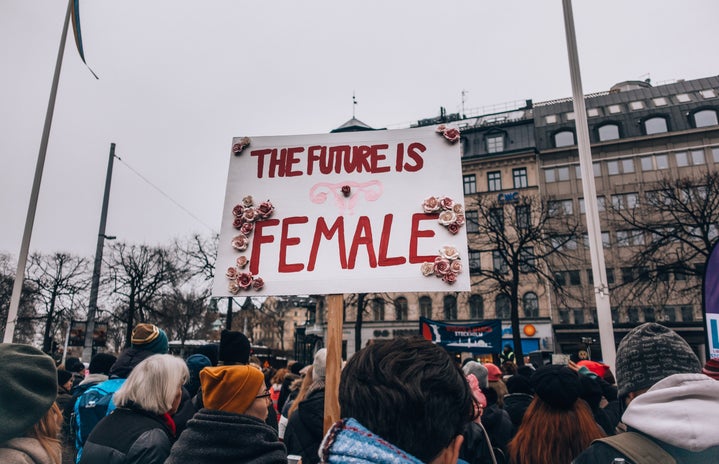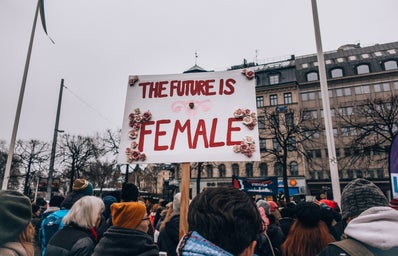In his Ted Talk “Violence Against Women — It’s a Men’s Issue,” Jackson Katz eloquently and passionately describes how gender violence needs to be relabelled, dismantled, and vocalized by men. Given in 2013, this speech is too relevant for anyone’s liking eight years later, which is why it is crucial for everyone to watch it, no matter your gender.
His speech is about it being necessary for men to be active in this fight by discussing the construct of “gender violence”, how it is often addressed, and what to do about it.
Katz firstly describes how odd it is that gender violence is often pushed as an issue for women to fight against, even though men are the primary perpetrators of it. To illustrate this, he goes into depth on how the term “gender” is often societally synonymous with “female,” like “race” is often correlated to “minorities,” and “sexual orientation” is often correlated to “LGTBQ+,” as if straight people don’t have a sexual orientation, white people don’t have a race, and men don’t have a gender. This analogy proves that many issues, including gender violence, are systemic because the dominant group barely has to think about their dominance.
Katz also highlights the importance of grammar regarding gender violence language in his speech. He uses an analogy to describe victim-blaming, of how a sentence of “John beat Mary” can easily change to “Mary is a battered woman.” Shifting the focus to the victim and erasing the suspect completely, this thought process forces questions about the victim’s wardrobe to be posed, rather than questions questioning “why John beat Mary” or more extensively “why is violence so common and generally accepted in our society.”
Katz addresses the toxicity of manhood as the main contributing factor of why men are self-excluding and perpetrating in this issue. Cultures like sports, the military, and entertainment are constantly given the blessing of defining manhood and raising boys in ways that breed violence, thus assigning the main blame to bigger institutions rather than a few select individuals. Katz includes the key point that both men and women are violently affected by men’s violence, and the systems that produce men who abuse women are the same ones that produce men who abuse other men.
With this, Katz talks about how women who speak up are often shut down and labeled as “man-haters” for rocking the boat of this comfortable process for violent men. Therefore, it is crucial to acknowledge the innately sexist yet truthful fact that men can be heard saying things when women are often disregarded.
So, Katz introduces the Bystander approach, which eliminates the binary of victims and perpetrators and instead invites everyone affiliated with both sides to interrupt the violence, because if you are not affected directly, someone you know is. With this, he repeats the important quote by Martin Luther King Jr., “In the end, what will hurt the most is not the words of our enemies but the silence of our friends.”
Introducing silence as a form of complicity to violence, Katz proposes that under sexist conditions, men have an innate power in this issue to be heard by others, and can thus use this power in positions of leadership to set the tone and change people’s ways of thinking.


